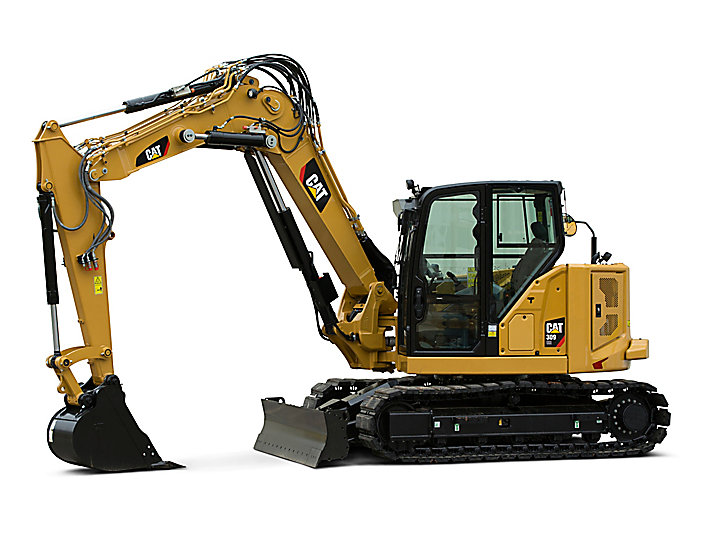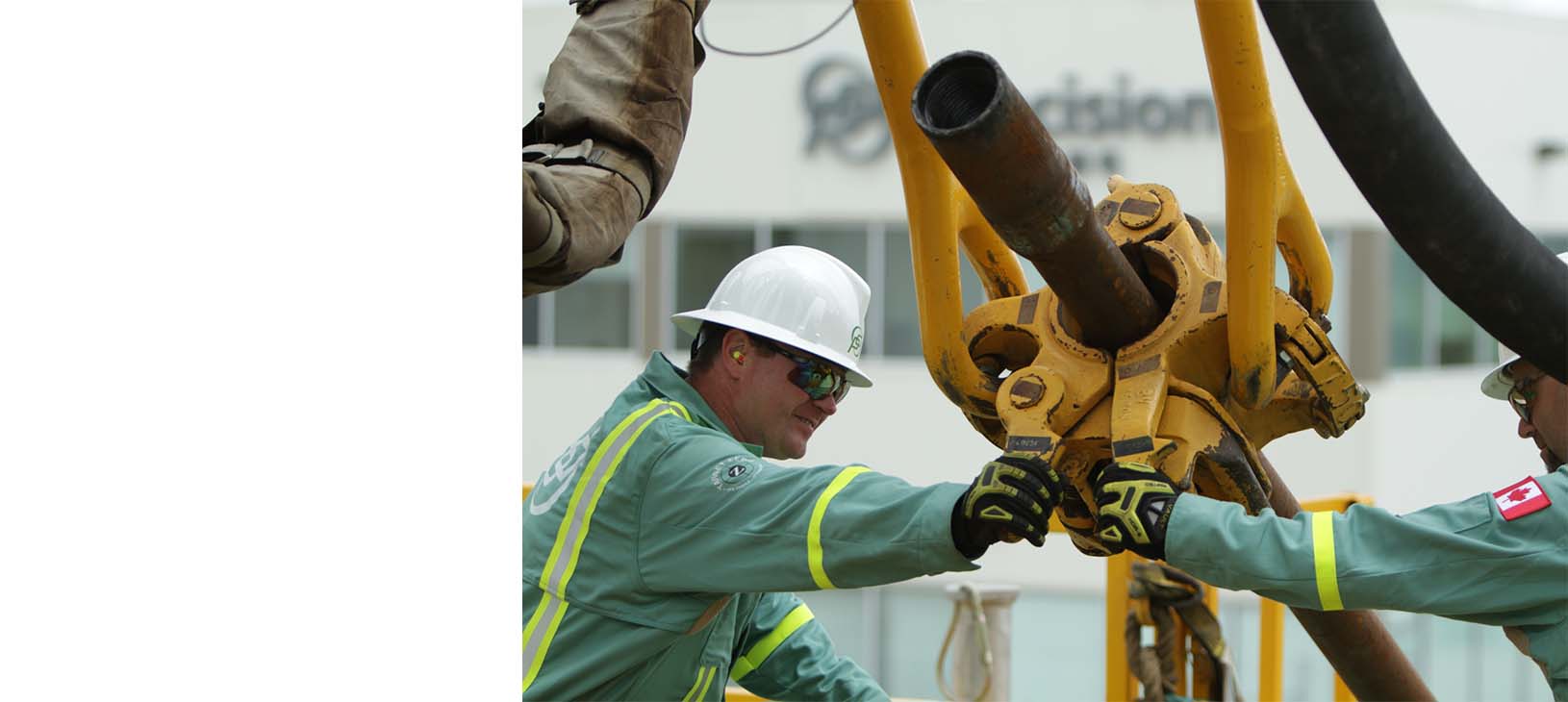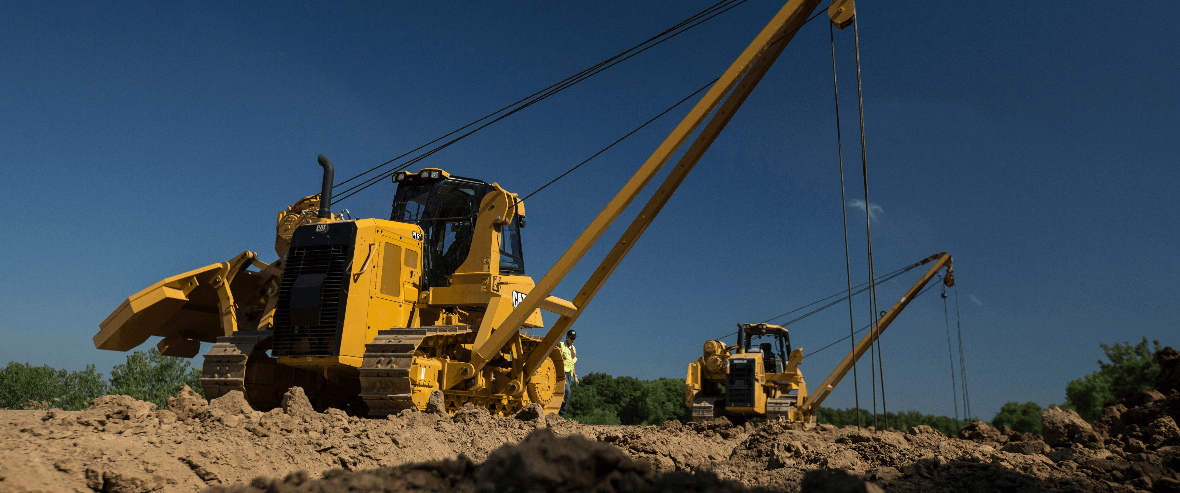A Comprehensive Guide to the Numerous Sorts Of Oil Field Equipment and Pipeline Equipment Available
The oil and gas industry counts heavily on specific equipment for reliable removal and transportation. Different kinds of equipment, from piercing rigs to tank, play essential duties in this complicated process. Each piece of devices offers distinctive functions that add to general functional success. Recognizing these components is crucial for any person involved in the sector. As the market evolves, so as well do the modern technologies that sustain it. What innovations are on the perspective?

Drilling Rigs: The Backbone of Oil Expedition
Drilling rigs act as the vital equipment in the domain name of oil expedition, allowing business to accessibility hydrocarbon books hidden deep below the Planet's surface area. These rigs are available in numerous types, including land rigs, offshore rigs, and mobile devices, each made to run in details atmospheres. Geared up with innovative modern technology, drilling rigs can pass through geological developments with precision, guaranteeing reliable source extraction. The architectural stability and operational capabilities of these rigs are essential, as they must withstand extreme problems and substantial pressures. In addition, the option of a drilling rig impacts the overall project expense and timeline, making it an important factor to consider for oil business looking for to maximize their expedition efforts and optimize efficiency in their operations.
Pumps: Essential for Fluid Motion
In the oil removal procedure, the role of pumps is significant, facilitating the movement of liquids throughout numerous stages of production. Pumps are vital for transferring petroleum, water, and various other fluids from below ground storage tanks to the surface area and afterwards via pipelines to refineries. They can be found in numerous kinds, including centrifugal, positive displacement, and submersible pumps, each offering specific purposes based on the liquid attributes and operational needs. Centrifugal pumps are generally used for their efficiency in high-flow applications, while positive variation pumps succeed in handling thick liquids. The option of pump impacts total performance, functional security, and upkeep prices. Proper choice and upkeep of pumps are important for enhancing production and minimizing downtime in oil field procedures.
Shutoffs: Controlling Flow and Pressure

Shutoffs play a vital function in managing the circulation and pressure of liquids within oil areas and pipes. Different kinds of valves offer distinct applications, each designed to satisfy details features fundamental for effective procedure - Superior rentals squeeze tools. Recognizing the features and usages of these shutoffs is important for enhancing system efficiency and safety
Sorts of Valves
Important parts in oil area procedures, shutoffs play an important role in controlling the circulation and stress of liquids within pipes and tools. Numerous kinds of shutoffs are made use of to fulfill the diverse demands of oil and gas production. Typical types include gateway shutoffs, which offer a straight-line circulation and marginal stress decrease; globe valves, known for their throttling abilities; and round shutoffs, acknowledged for their quick on/off control. In addition, check shutoffs avoid heartburn, while butterfly shutoffs use a light-weight service for managing flow. Each shutoff type is made with certain products and configurations to stand up to the extreme conditions often discovered in oil areas, ensuring reliability and effectiveness in operations. Understanding these types is essential for efficient system administration.
Valve Applications and Features
While different kinds of valves offer distinct objectives, their primary applications focus on managing circulation and pressure within oil and gas systems. Shutoffs such as entrance, globe, and sphere shutoffs regulate liquid movement, making sure peak efficiency and security. Gateway valves are frequently utilized for on/off control, offering minimal circulation resistance. Globe shutoffs, on the various other hand, offer specific flow regulation, making them ideal for strangling applications. Sphere shutoffs are preferred for their quick procedure and limited sealing capacities. In addition, pressure safety valve are vital for avoiding system overpressure, guarding equipment stability. Overall, the proper option and application of valves enhance functional performance, guaranteeing the trustworthy transport of oil and gas with pipes and processing centers.
Compressors: Enhancing Gas Transport
Compressors play a crucial role in the efficient transportation of gas, making sure that it moves efficiently via pipelines over cross countries. These devices enhance the pressure of all-natural gas, permitting it to overcome rubbing and altitude adjustments within the pipeline system. In addition, compressors help with the harmonizing of supply and demand, suiting changes in consumption and manufacturing prices. Numerous sorts of compressors are employed in the sector, consisting of centrifugal, reciprocating, and rotary screw compressors, each offering distinctive benefits based upon the operational demands. Normal maintenance of these compressors is necessary to maximize effectiveness and reduce downtime, eventually adding to a trustworthy gas transport network. Their essential function emphasizes the importance of compressors in the overall oil and gas facilities.
Storage Tanks: Safe and Efficient Liquid Administration
Effective transport of all-natural gas depends on different support group, one of which is the proper monitoring of tank. These storage tanks play an important function in securely containing liquids, making sure that operational performance is maintained while decreasing ecological threats. Created from resilient materials, they are designed to hold up against high stress and view website corrosive aspects. Appropriately sized and purposefully located, tank facilitate the smooth flow of gas and various other liquids, stopping traffic jams in supply chains. Normal upkeep and surveillance are imperative to identify leaks or architectural issues, advertising safety and security and compliance with regulatory requirements. Eventually, the reliable administration of tank is vital for the general stability and reliability of the oil and gas industry's fluid handling systems.
Pipeline Solutions: Framework for Transportation
Pipeline systems work as the foundation of the oil and gas industry, promoting the effective transport of hydrocarbons over huge ranges. These systems consist of various parts, consisting of pipelines, valves, pumps, and compressors, all thoroughly created to ensure smooth flow. The materials made use of in pipeline construction, typically steel or high-density polyethylene, are picked for sturdiness and resistance to deterioration. Pipeline networks can span throughout land and water, connecting manufacturing sites to refineries and warehouse. Additionally, advanced innovation enables real-time tracking of flow prices and stress degrees, enhancing functional effectiveness. The critical placement of these pipes lessens environmental influence while optimizing source availability, thereby playing drain line plumbing an essential function in conference power needs around the world.
Safety Equipment: Making Sure Worker and Environmental Management
The operation of pipeline systems, while essential for energy transport, also offers significant safety and security difficulties for employees and the environment. Security equipment plays a significant duty in mitigating these risks. Personal protective tools (PPE) such as headgears, handwear covers, and non-slip shoes safeguards employees from physical threats. Furthermore, gas detection systems keep track of for leaks, making certain that harmful materials do not pose a danger to workers or the bordering community. Emergency situation closure systems are vital for quickly stopping procedures throughout a situation, protecting against potential catastrophes. Spill containment materials, consisting of absorbents and obstacles, are basic for lessening environmental effect. In general, investing in all-inclusive security devices is crucial for preserving operational honesty and safeguarding both workers and the environment in the oil and gas field.

Frequently Asked Questions
Just how Do I Select the Right Oil Field Equipment for My Job?
Choosing the appropriate oil area equipment includes examining project specifications, budget constraints, and operational requirements. Consider aspects such as equipment dependability, compatibility with existing systems, and the distributor's reputation to guarantee peak efficiency and safety and security.
What Are the Upkeep Needs for Oil Field Equipment?
Upkeep needs for oil area equipment consist of normal assessments, lubrication, and timely repair services. Operators needs to likewise follow supplier standards, screen performance metrics, and assurance conformity with safety guidelines to improve long life and performance.

Exactly How Can I Make Sure Conformity With Environmental Rules?
To guarantee compliance with environmental guidelines, companies need to perform regular audits, implement ideal practices, buy training, keep appropriate documentation, and remain upgraded on regulation (Superior Rentals reviews). Partnership with ecological agencies can likewise boost adherence to regulations
What Is the Average Lifespan of Pipeline Equipment?
The ordinary lifespan of pipeline tools typically ranges from 20 to half a century, depending upon factors such as material high quality, ecological conditions, and upkeep practices. Regular examinations can significantly influence longevity and functional effectiveness.
How Do I Securely Transfer Oil Field Equipment to Remote Locations?
Moving oil area equipment to remote places calls for mindful planning, including course analysis, protecting authorizations, making use of ideal cars, and making sure safety and security methods are adhered to. Appropriate training this and communication among crews are vital for successful transport.